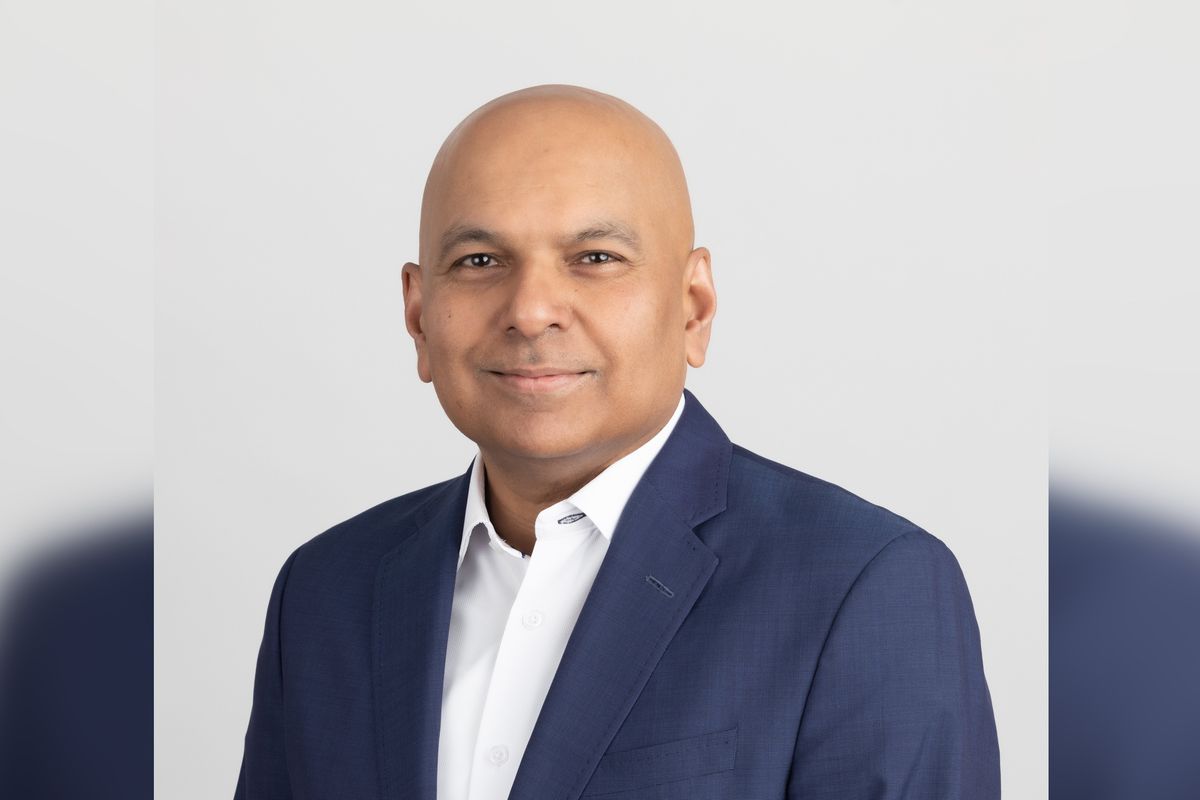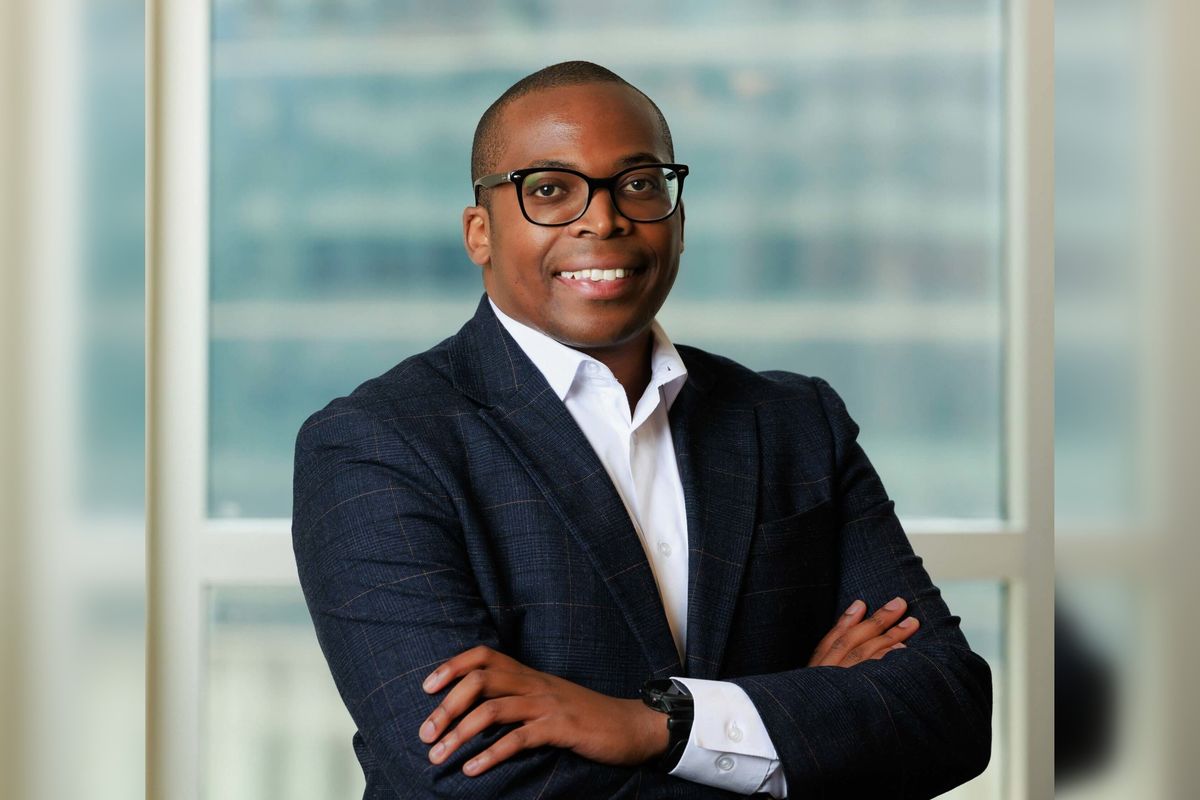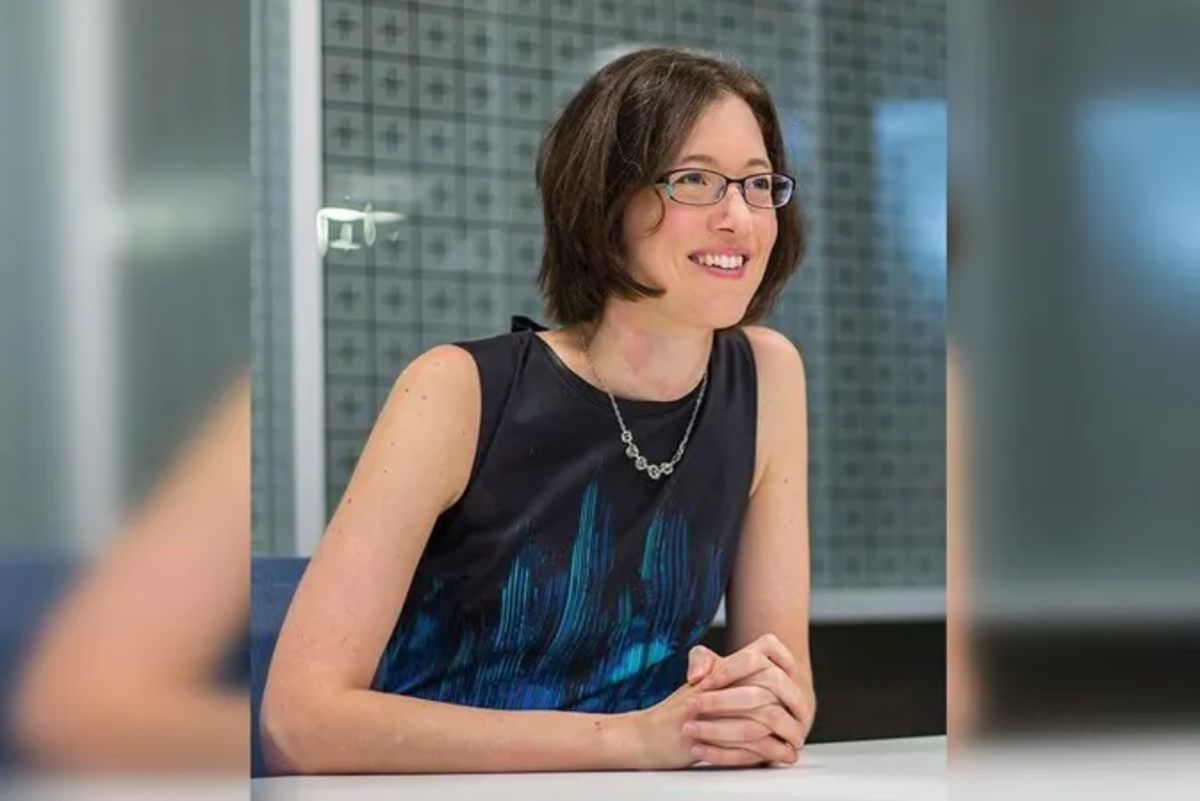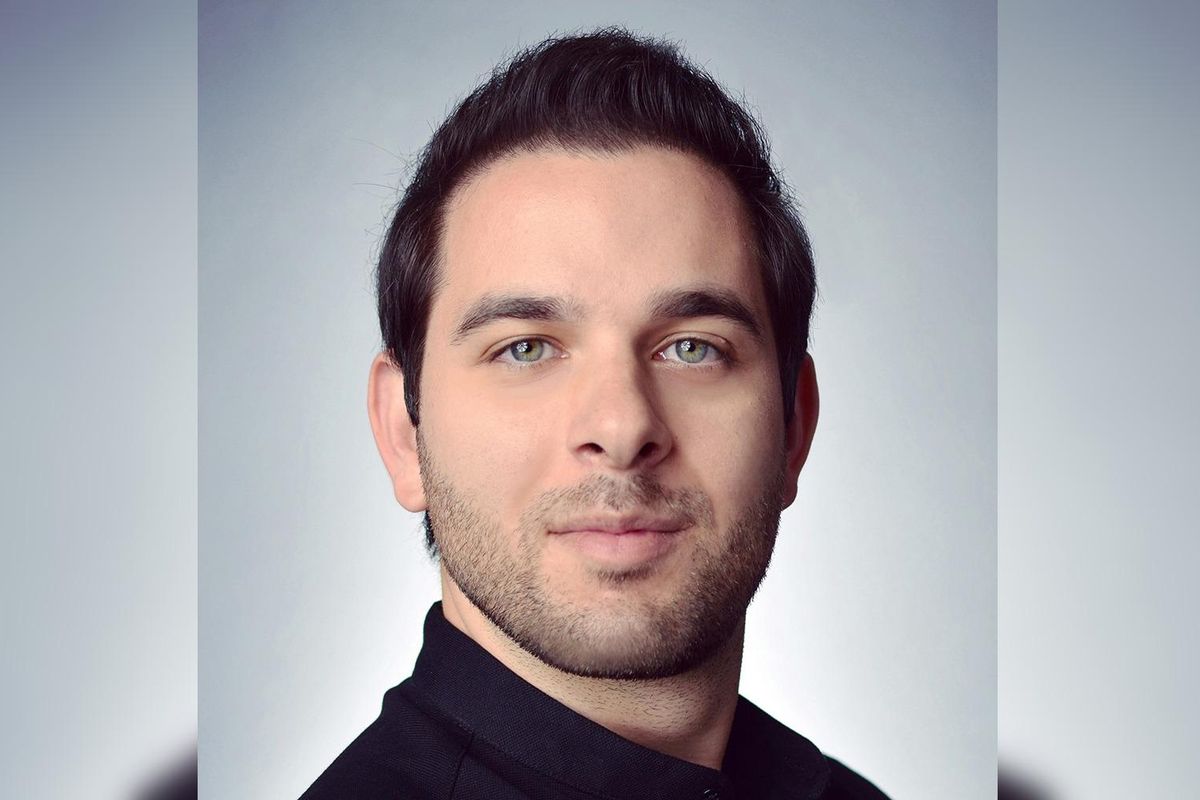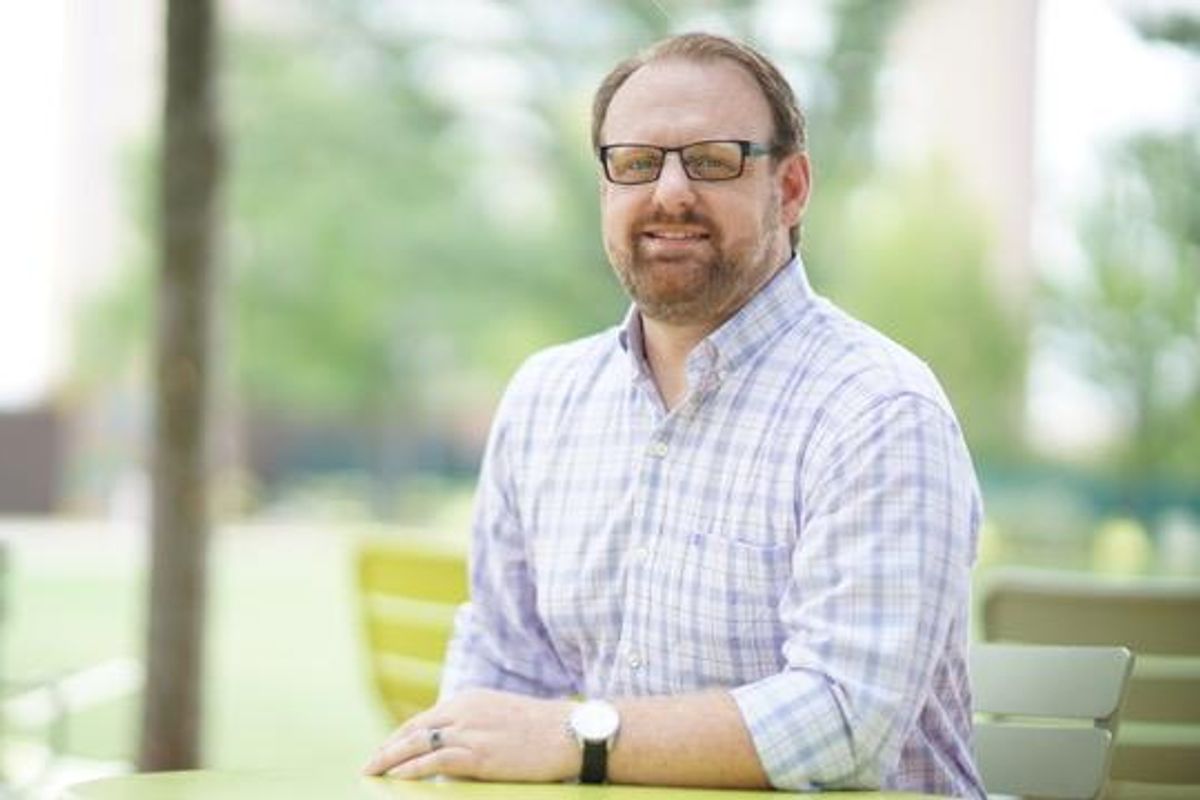Top Houston-based sustainability startups share their 4 biggest challenges
houston innovation awards
Six Houston-area sustainability startups have been named finalists in the 2023 Houston Innovation Awards, but they didn't achieve this recognition — as well as see success for their businesses — without any obstacles.
The finalists were asked what their biggest challenges have been. From funding to market adoption, the sustainability companies have had to overcome major obstacles to continue to develop their businesses.
The awards program — hosted by InnovationMap, and Houston Exponential — will name its winners on November 8 at the Houston Innovation Awards. The program was established to honor the best and brightest companies and individuals from the city's innovation community. Eighteen energy startups were named as finalists across all categories, but the following responses come from the finalists in the sustainability category specifically.
Click here to secure your tickets to see who wins.
1. Securing a commercial pilot
"As an early-stage clean energy developer, we struggled to convince key suppliers to work on our commercial pilot project. Suppliers were skeptical of our unproven technology and, given limited inventory from COVID, preferred to prioritize larger clients. We overcame this challenge by bringing on our top suppliers as strategic investors. With a long-term equity stake in Fervo, leading oilfield services companies were willing to provide Fervo with needed drilling rigs, frack crews, pumps, and other equipment." — Tim Latimer, founder and CEO of Fervo Energy
2. Finding funding
"Securing funding in Houston as a solo cleantech startup founder and an immigrant with no network. Overcome that by adopting a milestone-based fundraising approach and establishing credibility through accelerator/incubator programs." — Anas Al Kassas, CEO and founder of INOVUES
"The biggest challenge has been finding funding. Most investors are looking towards software development companies as the capital costs are low in case of a risk. Geothermal costs are high, but it is physical technology that needs to be implemented to safety transition the energy grid to reliable, green power." — Cindy Taff, CEO of Sage Geosystems
3. Market adoption
"Market adoption by convincing partners and government about WHP as a solution, which is resource-intensive. Making strides by finding the correct contacts to educate." — Janice Tran, CEO and co-founder of Kanin Energy
"We are creating a brand new financial instrument at the intersection of carbon markets and power markets, both of which are complicated and esoteric. Our biggest challenge has been the cold-start problem associated with launching a new product that has effectively no adoption. We tackled this problem by leading the Energy Storage Solutions Consortium (a group of corporates and battery developers looking for sustainability solutions in the power space), which has opened up access to customers on both sides of our marketplace. We have also leveraged our deep networks within corporate power procurement and energy storage development to talk to key decision-makers at innovative companies with aggressive climate goals to become early adopters of our products and services." — Emma Konet, CTO and co-founder of Tierra Climate
4. Long scale timelines
"Scaling and commercializing industrial technologies takes time. We realized this early on and designed the eXERO technology to be scalable from the onset. We developed the technology at the nexus of traditional electrolysis and conventional gas processing, taking the best of both worlds while avoiding their main pitfalls." — Claus Nussgruber, CEO of Utility Global
------
This article originally ran on EnergyCapital.


